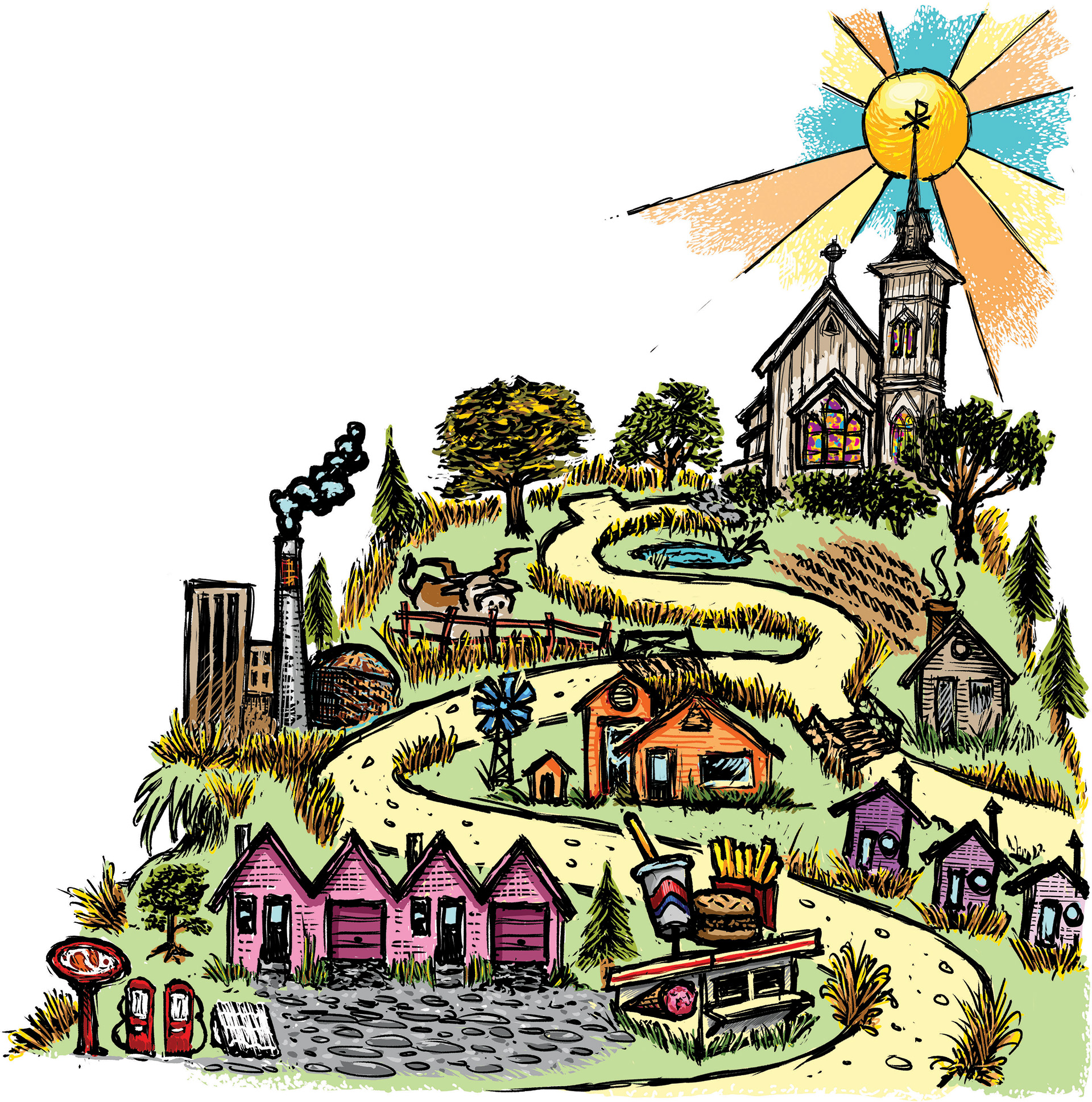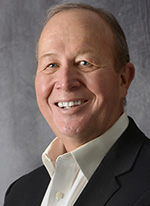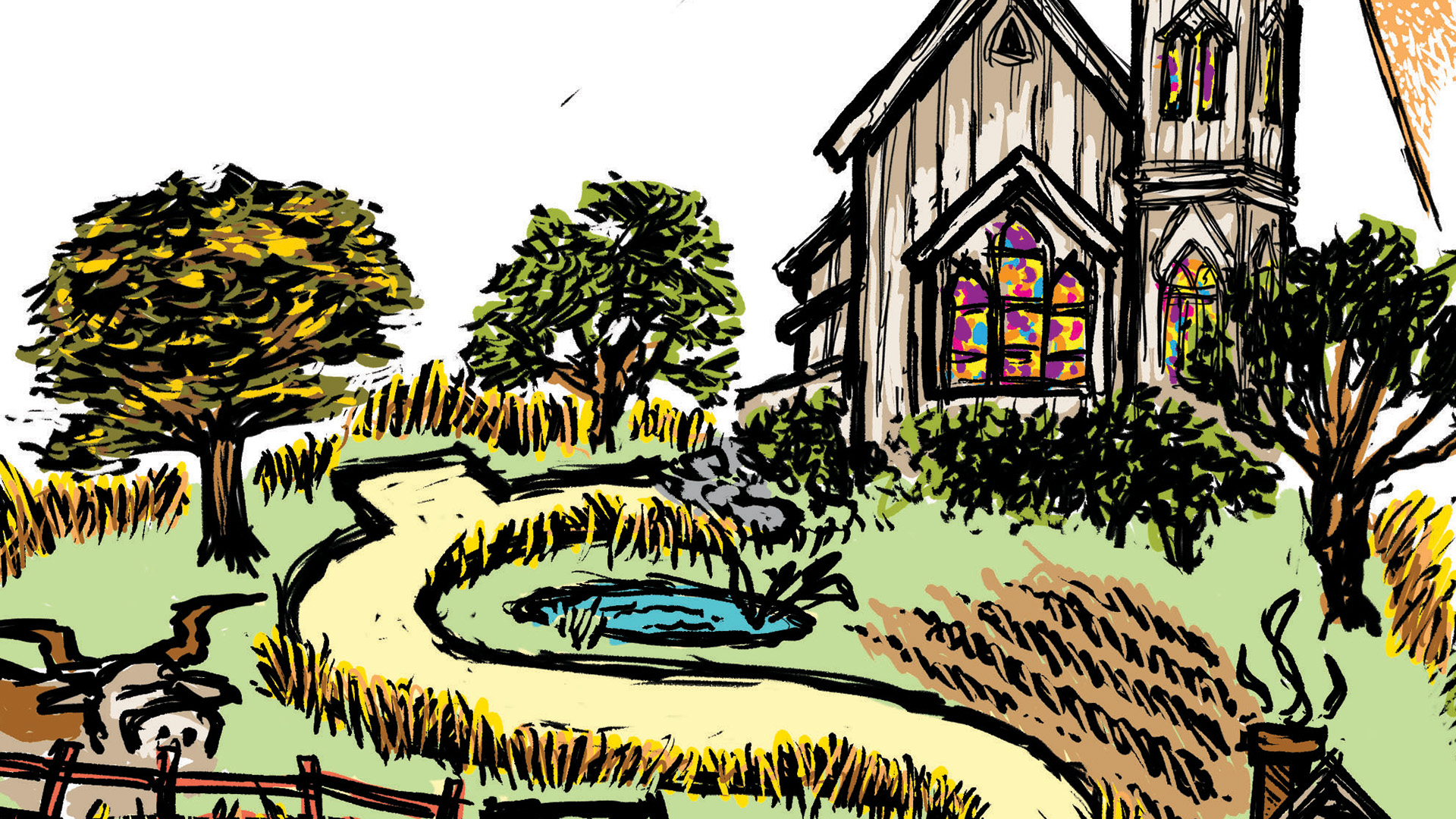
Yafei Guo is a PhD candidate in marketing at Gies College of Business, University of Illinois Urbana-Champaign
Welcome to Peoria Magazine’s Econ Corner, a recurring feature in which we pose questions to experts about various economic issues and how they affect our lives and careers here in central Illinois. Our guest this month is Yafei Guo, a PhD candidate in marketing at Gies College of Business, University of Illinois Urbana-Champaign.
As a consumer identity researcher, his work focuses mainly on how to leverage salient consumer identities (i.e. religion, race and political ideology) to address societally relevant issues, including sustainability, social activism and health care decisions.

Peoria Magazine (PM): Is there any evidence of a relationship between religious beliefs and economic behaviors? If so, how so?
Yafei Guo (YG): Yes, there is a body of research that suggests a relationship between religious beliefs and economic behaviors, although the exact nature of this relationship can be complex and varied depending on multiple factors like culture, the specific religion in question, and the type of economic behavior being considered.
One of the most famous theories in this area is Max Weber’s notion that Protestantism, or Protestant work ethic, helped to promote the rise of capitalism. According to Weber, beliefs in predestination and the “calling” led Protestants to engage in hard work and accumulate wealth as a sign of divine favor, although they were discouraged from spending that wealth on frivolous things, promoting capital accumulation.
Research suggests that religious individuals, particularly those who actively participate in religious communities, tend to be more trusting and cooperative. This trust can extend to economic transactions and promote trade, both locally and internationally. In some modern Christian movements, particularly in the United States, there is a belief that wealth is a sign of God’s favor, which could potentially encourage risk-taking and entrepreneurial ventures.
Finally, religious beliefs can also overlap with political beliefs, which in turn shape economic behavior. For instance, some religious groups may be more inclined to support free-market capitalism, while others may advocate for social justice and wealth redistribution.
PM: A 2016 study (https://religiousfreedomandbusiness.org/1-2-trillion-religious-economy-in-us) published by the Religious Freedom and Business Foundation indicated that faith-based organizations — from churches and schools to hospitals and charities — contribute some $1.2 trillion to the U.S. economy annually. If those religious institutions were a nation, that figure would make them the world’s 15th largest economy. Is that a verifiable number, and can you provide some examples of how churches are economic drivers?
YG: Yes, religion or faith-based organizations are important components of the U.S. economy. For instance, 31% of U.S. individuals are regular churchgoers. Many churches operate or are affiliated with schools, colleges or universities. These are the basic units of social activities. Many churches offer social services, from food banks to counseling to housing assistance. In areas where land is at a premium, churches can be significant property owners, playing a role in local real estate markets and development.
The networking and community-building aspects of churches can foster business partnerships. In some cases, the teachings and values emphasized in churches can inspire individuals to start businesses or social enterprises. Some megachurches or church networks have branched into retail endeavors, selling books, music, apparel and other religious-themed products. Others have ventured into media, broadcasting their services or producing content for radio, TV and/or digital platforms.
In all these ways, churches can have a multifaceted and sometimes substantial economic impact on the local communities and beyond.
PM: Proverbs 24:30-34 in the Bible preaches that “a little sleep, a little slumber, a little folding of the hands to rest — and poverty will come on you like a thief and scarcity like an armed man.” It is said that in the Protestant values of work, savings and trustworthiness are found the roots of capitalism. Conversely, it has been postulated that there is a correlation between economic development and reduced religious participation as people recognize a greater value in working than in praying and attending church services, for example.
So, which is it? Is it fair to say that religious principles undergird America’s economic system and ambition, or that it undercuts both?
YG: It’s important to recognize that the terms “religion” and “economic systems” represent broad and diverse categories. The relationship between the two in the context of American history and culture is intricate and multi-dimensional.
First of all, the impact of religious principles on America’s economic and cultural evolution is undeniable. As you mentioned, Protestantism, proposed by Max Weber, emphasized hard work, thrift and personal responsibility, values that aligned with and promoted capitalist enterprise.
Early American settlers, especially the Puritans, believed in building a “city upon a hill” — a community that would serve as a model for the world. This ambition can be seen as a foundation for the American ethos of exceptionalism and the drive for growth and progress. Also, many religious groups migrated to America in search of religious freedom, and this desire for autonomy can be seen as paralleling the American value of economic freedom and individual entrepreneurship.
Second, the notion that economic development might be associated with reduced religious participation is related to the broader concept of secularization. As economies develop, there are more opportunities for leisure, entertainment and work, especially on weekends. The opportunity cost of spending time in religious activities, such as attending a church service, might rise when there are other appealing options available. This is true for many European countries.
The U.S. remains an outlier. It’s a highly developed country with persistently high levels of religious belief and participation. Additionally, the reduction of religious affiliation we are observing today might reflect the fact that many individuals are moving away from organized religion. However, the personal level of religious beliefs, such as a connection to supernatural beings, has remained relatively constant during the past several decades (e.g., over 80% of Americans believe in God).





